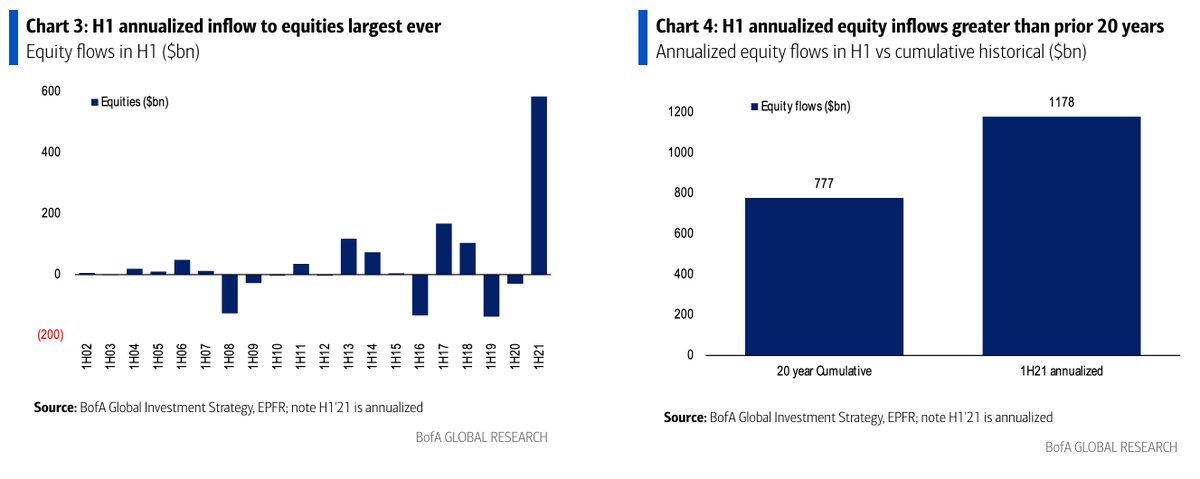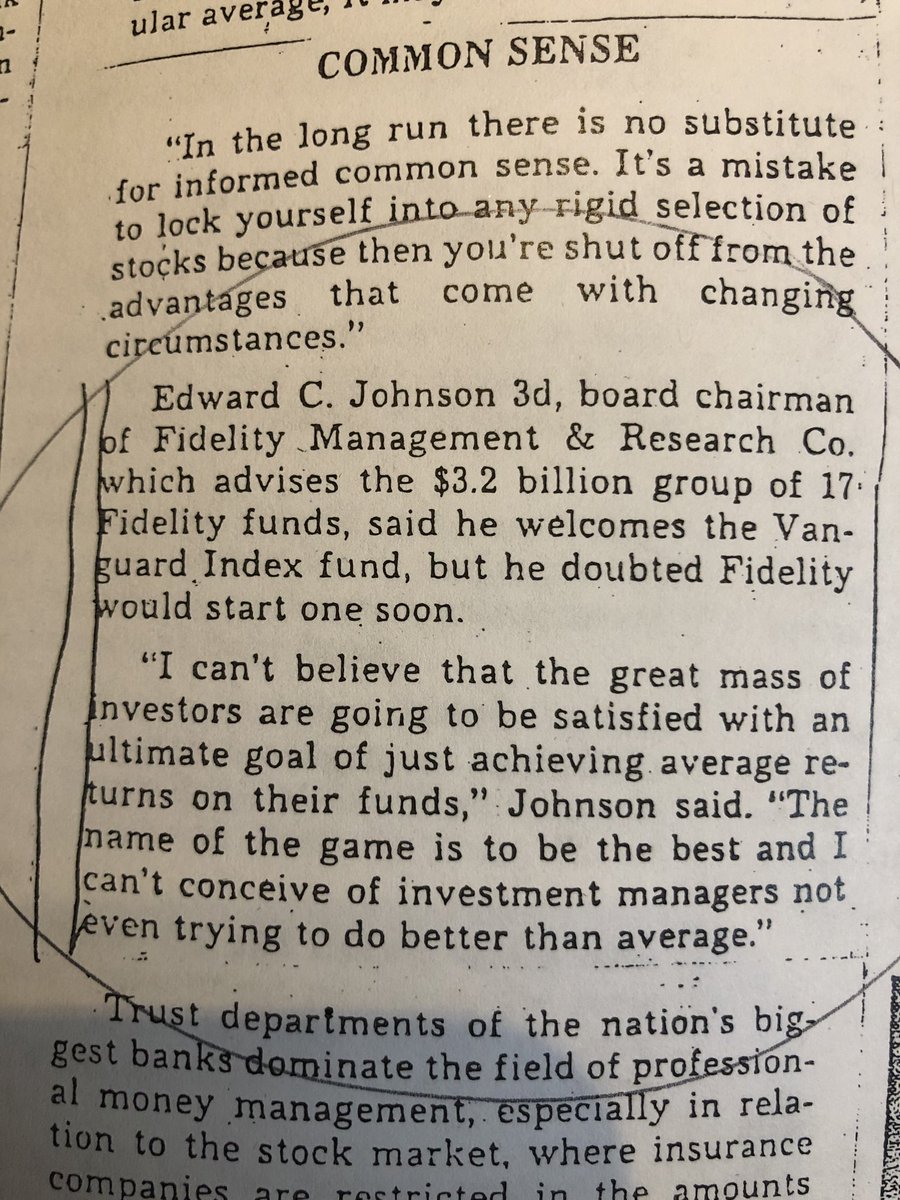
The frenzied private capital party is totally understandable, but will leave many investors bitterly disappointed and could cause broader long-term economic problems. on.ft.com/3ma2ihc
Even as someone who has long thought the public-private line will blur more and more (and im not entirely against it) the wildness of the investor frenzy for private markets is a little unnerving. Rock up with a growth equity/PE/direct lending/VC fund and investors be like
Wrote about the illusory allure of an “illiquidity premium”, and how the real unspoken attraction was the fake smoothness of private capita returns a few years ago: on.ft.com/2B9ocwF
But post-COVID things have gone WAY further. Now every allocator seems to think private assets will save them from public market miasma - ignoring how they cannot diverge forever. The momentum is incredible. Private capital executives are basically a meme on conf calls this year. 

People should be questioning how public and private market returns can diverge so wildly. Read this excellent WSJ piece by @ChungJuliet and think whether this is sustainable. wsj.com/articles/as-he…
• • •
Missing some Tweet in this thread? You can try to
force a refresh


















